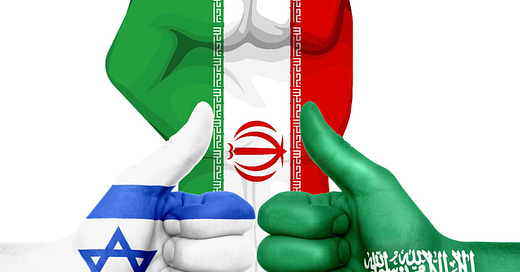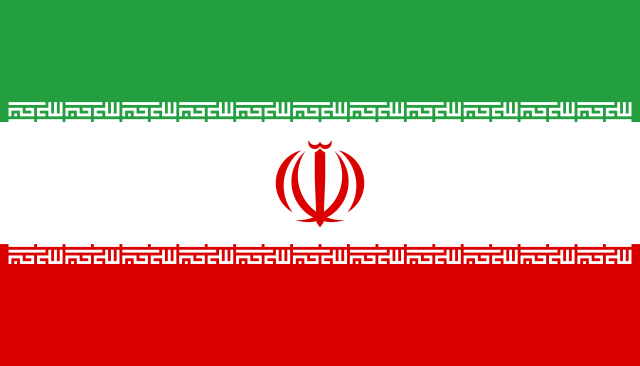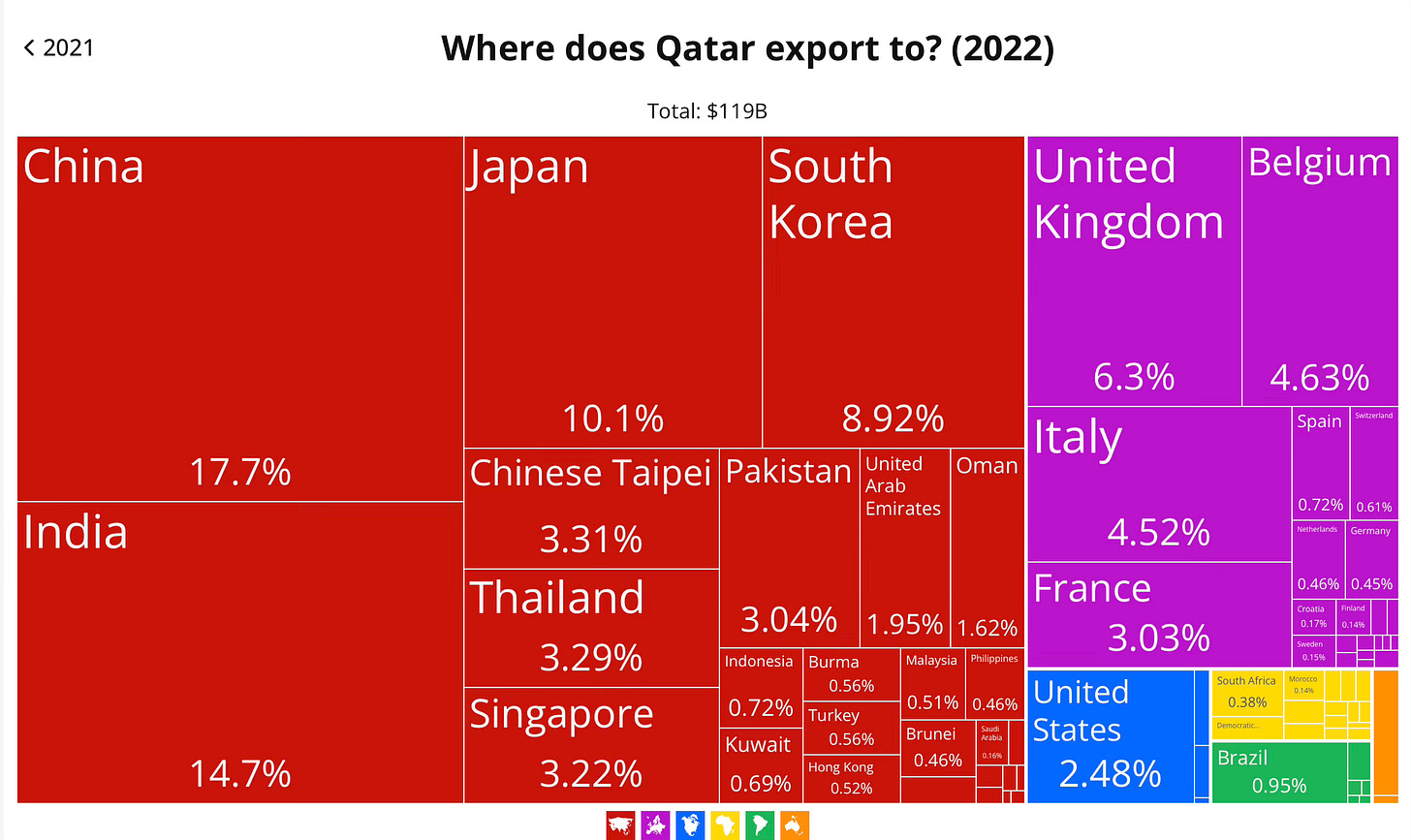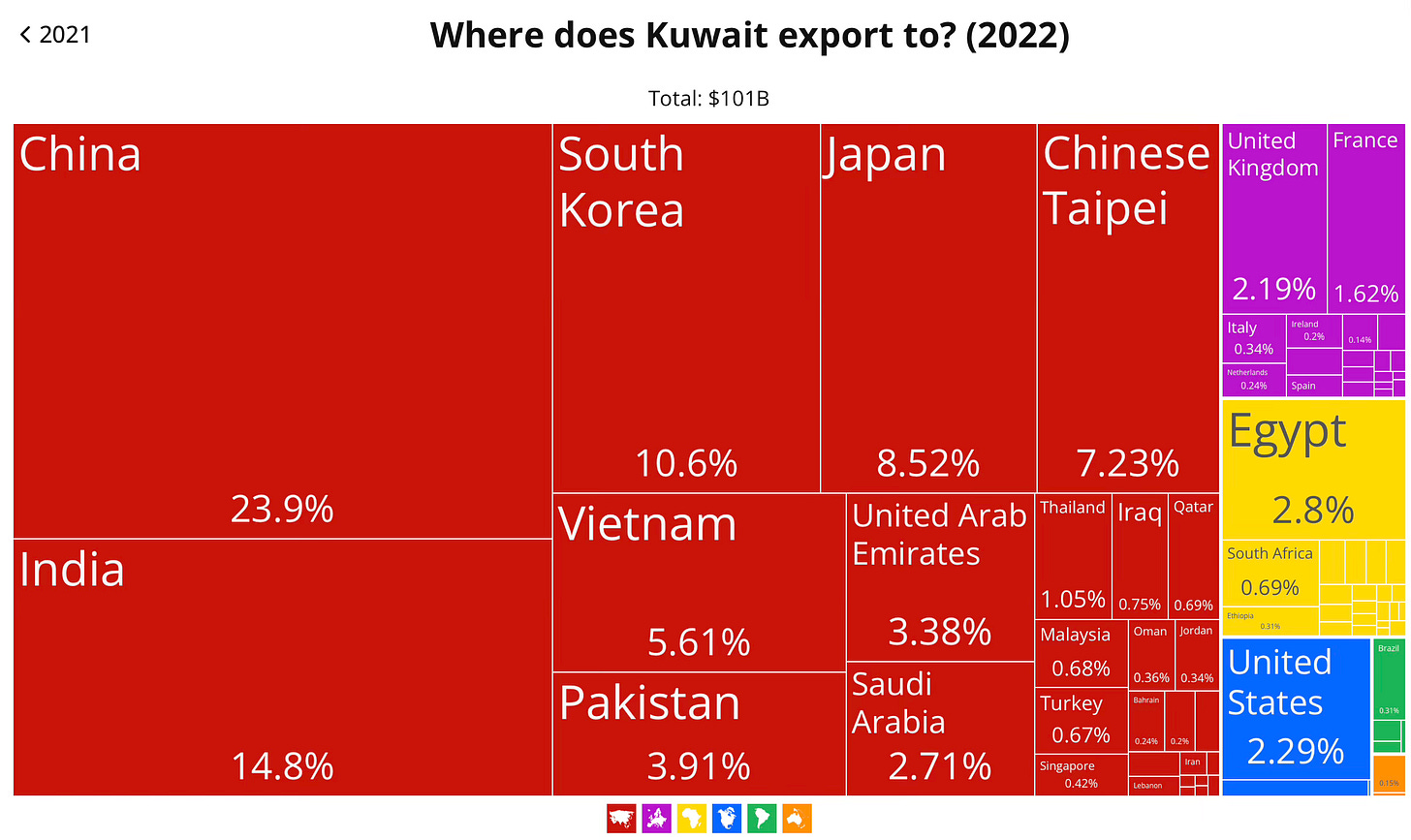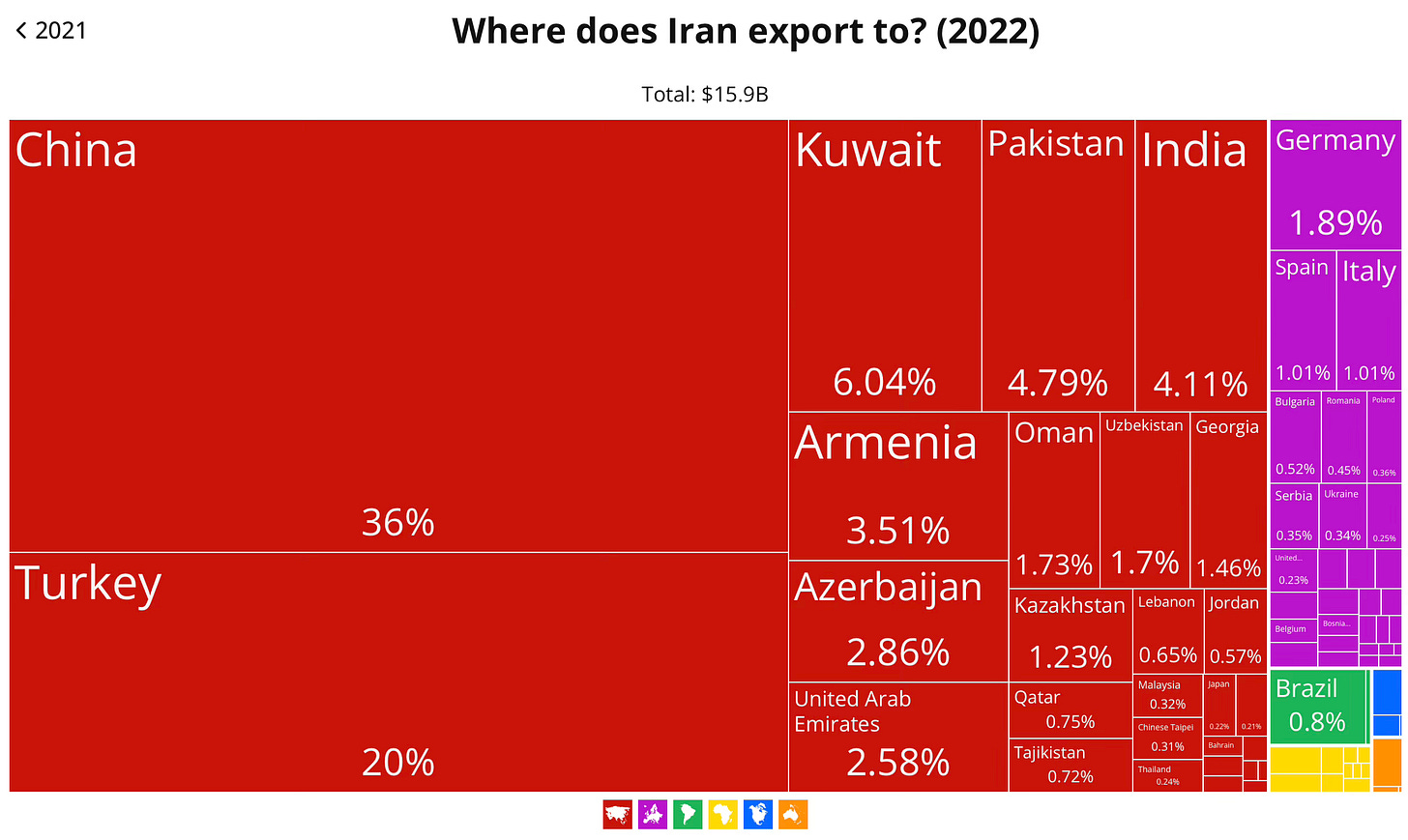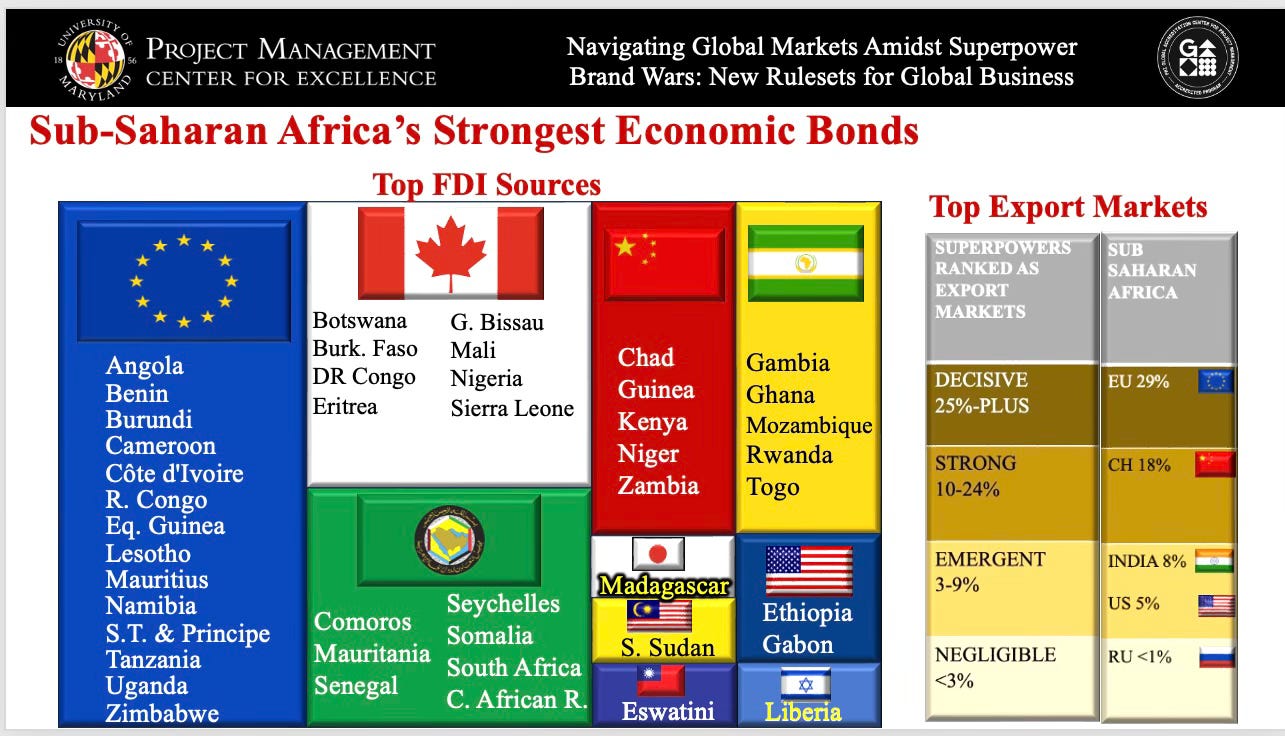The promise of the Abraham Accords (the great diplomatic achievement of the Trump administration) is to clarify the nature of the geopolitical struggle in the Middle East.
The accords — for now — peaked in 2020 as a series of agreements aimed at normalizing relations between Israel and several Arab states (UAE, Bahrain, Morocco, and Sudan). While important on many levels, these agreements were mere building blocks toward the big-time goal: normalization of relations between Israel and Saudi Arabia.
Tellingly enough, the great carrot offered here from the United States was not some two-state solution in Israel but a defense alliance between KSA and the US — in effect binding KSA and Israel (along with UAE) in their anti-Iran alliance.
The agreements were negotiated without substantial Palestinian involvement or consent, which led to the accurate criticism that they undermine Palestinian aspirations for statehood. The Accords effectively sidelined the longstanding Arab consensus that normalization should be contingent upon resolving the Palestinian question. Among those advocating for Palestine, then, this diplomatic breakthrough is considered to be a great betrayal by Sunni regimes of the Palestinian cause — again, accurate.
As such, none of the Sunni Arab world’s lack of effort in response to Israel’s current strategy of successive beatdowns (Gaza, West Bank, Houthis, Hezbollah, Iran) should surprise.
On the surface, then, the defense pact + KSA-Israel normalization package can be viewed as America once again taking some sort of lead in “fixing” the Middle East, when, in truth, the more salient analysis is that the US is pursuing a strategy of limited regret — one designed to limit our responsibility in the region by integrating our three great anti-Iran proxies there (Israel, KSA, UAE).
Again, the price for this is the effective termination of the two-state solution, which ultimately clears the path for Israel’s total annexation of both Gaza and the West Bank — not anytime soon, mind you, but that “plane” is effectively cleared for take-off and someday it will inevitably land.
This is what the Abraham Accords process ultimately clarifies: a strengthened anti-Iran alliance undergirded by US military might amidst a de facto change in superpower “strategic ownership” of the energy-rich region.
First, some charts from the Observatory of Economic Complexity. All you need to notice here is the predominance of the red (Asia) and the marginal nature of the blue (US) and purple (EU). The players are listed by overall export “size.”
The Persian Gulf’s economic “now” is South (India) and East (China) Asia — not the West. More than two-thirds of the PG’s energy exports now go to Asia, a profound reversal of the West’s — and, in particularly, America’s long-ago dependency on the region. Go back to the 1990s to find that old reality, which radically shifted across the mid-and-late 2000s. Ironically enough, our big push to fix the region (Global War on Terror) came right at the time of that momentous shift.
Will no one rid me of this meddlesome region?
Since the 2006 US midterms convinced the Bush administration that the end of its regional ambitions was near (in terms of the US public’s patience), we have seen emerge a growing strategic awareness within the US national security community that America’s long-time fixation on the region no longer makes the same sense (Our blood for Asia’s oil, the fabled “pivot to Asia”).
That growing confidence in, and preference for, a long-term detachment strategy allowed the Obama administration to negotiate the Iran nuclear deal. Yes, it was merely a stopgap, as all such treaties are, but it was a good one while it lasted, which wasn’t long thanks to Trump. At the very least it brought into focus the real rivalry in the region: not Israel-v-Palestine or the Arab world-v-Israel or even Israel-v-Iran but KSA-v-Iran (a dynamic we could also describe as GCC-v-Iran, or, if you want to go old school, call it Sunni-v-Shia).
What pushes this clarity to the top of the PG’s messy heap is not Israel’s desperation or bad behavior, or really Iran’s continuously bad and provocative behavior, but rather the growing ambitions of the GCC led by KSA and UAE.
Those two, Uber-rich powers have big plans for their post-energy economies (check out the recent chip deals: the UAE deal in the works with TSMC and Samsung Ventures; KSA’s plans for a “national semiconductor hub”), the region writ large, and the future of Africa as it rises over coming decades.
Amidst all that Sunni Arab ambition, tossing the Palestinian cause is an entirely acceptable price to pay, particularly if doing so buys military alliance with both Israel and the US vis-a-vis Iran.
Again, this is not a US move to increase its strategic exposure in the region — just the opposite (a case made well in Foreign Affairs right now)
The Real Purpose of a U.S.-Saudi Security Agreement
A Deal Could Reduce Direct American Intervention in the Middle East
By Michael Singh
October 17, 2024
As such, this trajectory makes sense for the US no matter who wins in November. Yes, that’s a touchy subject for Harris in the meantime, but the die is cast.
America remains eager enough to balance China and India’s growing dependency on, and influence over, the PG by remaining its offshore strategic balancer of note. I can’t argue with the logic. But the long-term goal is equally clear on our side: reduce the burden by empowering and integrating the Gulf monarchies with Israel in that anti-Iran alliance. Neither China nor India is going to sabotage any of their current and future ambitions and integration schemes for the region to back Iran against anybody. That energy is coming their way no matter what. And if a stood-up anti-Iran alliance clamps down on the potential for major war in the region, then all the better.
The spice must flow.
Yes, throughout the drawn-out process, we will hear plenty about the need for the two-state solution, but it will all be just talk. Israel knows that its support across the American public is declining on generational terms, and so it must get on with its progressive annexation of Gaza and the West Bank.
Israel’s currently aggressive efforts to diminish the totality of the Iran/Axis of Resistance threat is solid top cover in the meantime. So long as “wider regional war,” Iran’s inevitable reach for nukes, and other purposefully scary scenarios remain front of mind in the West, then Israel’s progressive annexation effort will remain in the lesser included category of too bad, but it was always going to happen in the end.
This is “peace” (likely to include a MAD-standoff between nuclear Israel and KSA versus Iran) finally brought to the Middle East, with the obvious loser being the weaker of the players (Palestine vis-a-vis Israel, Iran vis-a-vis KSA).
You want some “realism” in your coffee? There it is.

